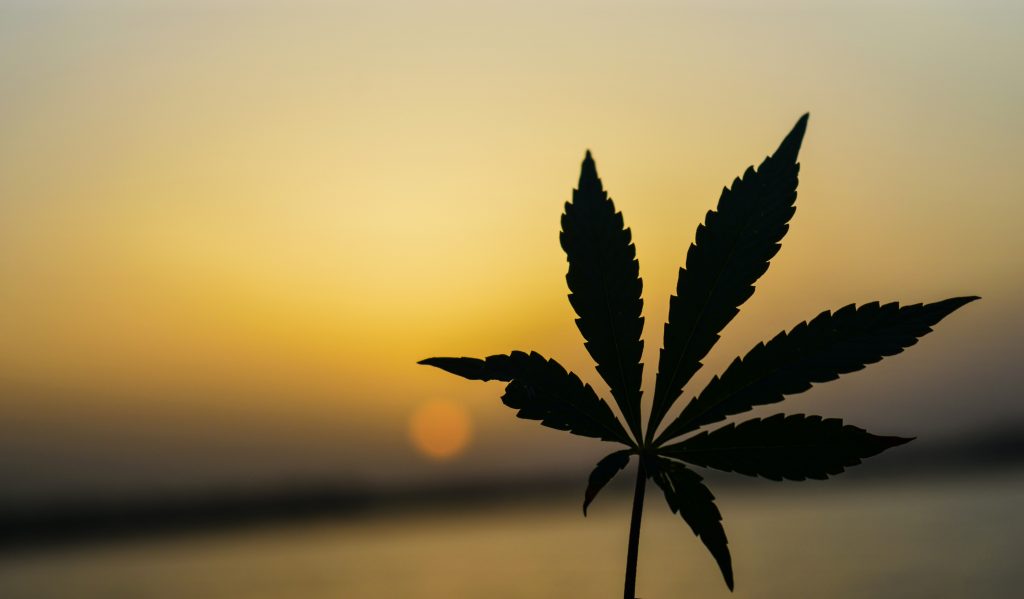
In most ways, the 2020 election served to underscore how contentious American politics are. Poring over the results, analysts have already begun emphasizing how highly polarized Americans are by metrics such as generation, gender, race, education and geography. Overlooked in this analysis is one important policy area where people appear relatively unified. In a stunning rebuke to the War on Drugs, drug liberalization ballot initiatives passed across the country.
This bipartisan revolt against the War on Drugs is striking when recalling that just over a decade ago, cannabis was illegal at the state level for non-medical use in every state. Now, with the results from this election, it stands poised to be fully legalized in 15 states, with some form of medicinal legalization in a further 28 states. Moreover, Gallup recently registered its highest level of support for cannabis legalization in fifty years, with 68 percent of Americans supporting legalization.
Acknowledgment of the failure of the War on Drugs has also managed to transcend the political divide. In a time of intense political polarization, changed attitudes towards drug use occurred in strongholds of both parties. Voters in blue New Jersey, purple Arizona and red South Dakota all approved initiatives to liberalize drug laws. Indeed, at the state level, everywhere that drug liberalization was on the ballot, it notched a success.
In ruby red Mississippi, voters resoundingly approved an initiative to legalize medicinal marijuana despite the opposition of Governor Tate Reeves (R).
In New Jersey, Montana and Arizona, referendums to legalize recreational marijuana use were all passed. Meanwhile, South Dakota passed an initiative to legalize medicinal and recreational marijuana simultaneously.
Elsewhere, victories were achieved in the decriminalization effort. Understanding the distinction between decriminalization and legalization is key. Decriminalization is not legalization. With decriminalization of certain drugs, though the drug possession and use will remain illegal, infractors will not face prosecution so long as the use is under a certain limit. Instead, violators would face penalties such as fines – similar to speeding tickets.
Additionally, with decriminalization one will not see the emergence of stores selling drugs commercially in contrast to the emergence of marijuana dispensaries following recreational legalization in states across the country. Commercial sale of drugs such as heroin remains criminalized even if personal possession and use is decriminalized.
Advocates have been urging drug decriminalization for years, citing criminalization as being part of the problem of mass incarceration, ineffective as a deterrent and counterproductive to those suffering from addiction. Proponents often point to Portugal as a model. In 2001, the European country decriminalized drug possession and has seen its overall drug usage rate remain stable while accruing reductions in overdose fatalities and incarceration.
As a reckoning over mass incarceration, the role of the police and racial justice has ensued while more states legalized recreational cannabis use, the movement has notched city-level decriminalization victories across the U.S. Oakland and Santa Cruz, Calif.; Denver, Colo. and Ann Arbor, Mich. have all passed some form of psychedelic decriminalization prior to the 2020 election.
In Washington D.C., where recreational cannabis use is already legalized, voters took another step to chip away against the War on Drugs. The District voted to decriminalize possession and noncommercial distribution of hallucinogenic mushrooms.
It was in Oregon, though, that drug reform efforts saw their biggest win. Oregon held its own vote on legalizing psilocybin – the active agent in hallucinogenic mushrooms – for those over the age of 21, which passed comfortably. In an unprecedented move in the U.S., Oregon voters also approved a ballot initiative to decriminalize possession and personal use of all drugs.
Sponsored by the Drug Policy Alliance, Measure 110 passed with over 55 percent of the vote. In addition to decriminalization, Measure 110 also expanded access to treatment options for those suffering from addiction. Oregon became the first state to decriminalize all drugs for personal use. Though other states, including California, Vermont, and Washington have mulled decriminalization, supporters are hoping that Oregon may act as a catalyst for other states.
For now, observers can watch and see if Oregon’s experiment replicates Portugal’s success with drug decriminalization.
Despite all these city and state-level victories, all the drugs discussed here, including cannabis, remain illegal under federal level. This dual nature has led to some obstacles for state-legal cannabis dispensaries and even allowed federal authorities to shut down some that were compliant with state law. Despite this, there has been some movement in recent years at the federal level. The House is expected to hold a vote on legalizing cannabis at the federal level in the lame-duck session.
